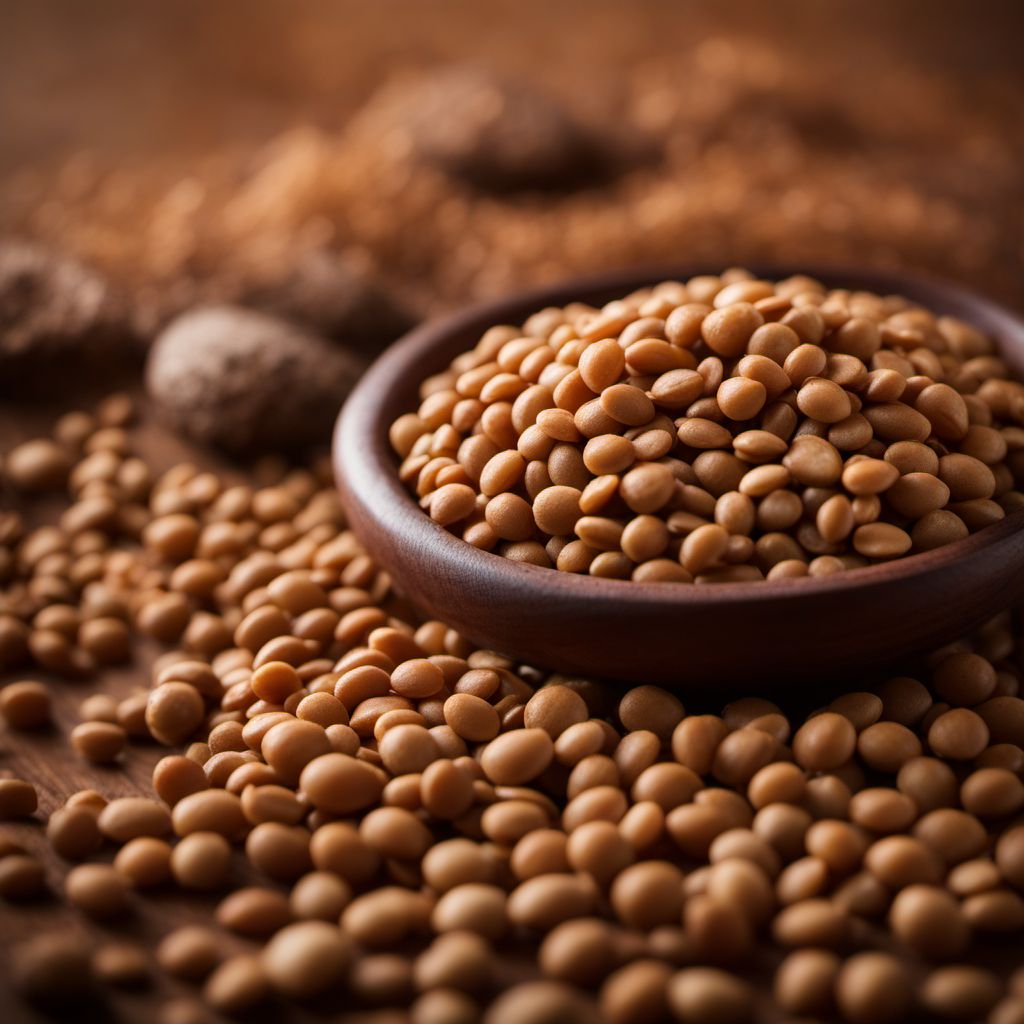
Ingredient
Lentils (dry) and similar-
Tiny Powerhouses: Unveiling the Versatility of Dry Lentils
Dry lentils, which come in various colors such as green, brown, red, and black, are small lens-shaped legumes that are packed with essential nutrients. They have a mild, earthy flavor and a firm yet tender texture when cooked. Their versatility allows them to be used in soups, stews, salads, and even as a meat substitute in vegetarian and vegan recipes.
Origins and history
Lentils have a long history dating back thousands of years and have been cultivated in regions such as the Middle East, India, and Europe. They were a dietary staple in ancient civilizations, including the Egyptians and Romans. Lentils played a significant role in their diets due to their nutritional value, long shelf life, and ease of cultivation. Today, they continue to be widely consumed and appreciated for their health benefits and culinary versatility.
Nutritional information
Lentils are a nutritional powerhouse, rich in protein, dietary fiber, iron, and folate. They are low in fat and calories, making them an excellent choice for those seeking a healthy and balanced diet. A 100-gram serving of cooked lentils provides approximately 116 calories and 9 grams of protein.
Allergens
Lentils are naturally gluten-free and do not contain any known allergens. However, cross-contamination may occur during processing or packaging, so individuals with severe allergies should exercise caution and choose certified gluten-free lentil products.
How to select
When selecting dry lentils, look for packages that are free from moisture, mold, or insect damage. Opt for lentils that are uniform in size and color, without any shriveled or discolored ones. Additionally, check the expiration date to ensure freshness. If possible, choose organic or locally sourced lentils for the best quality and flavor.
Storage recommendations
To maintain the freshness and quality of dry lentils, store them in a cool, dry place in airtight containers. Avoid exposure to moisture, heat, or direct sunlight, as these can lead to spoilage or loss of flavor. Properly stored lentils can last for up to a year.
How to produce
Growing lentils at home is feasible for amateur gardeners. They can be cultivated in well-drained soil with full sun exposure. Sow the seeds directly into the ground or containers, ensuring a spacing of about 2 inches between each seed. Regular watering and proper maintenance will yield a bountiful harvest within a few months.
Preparation tips
Before cooking dry lentils, rinse them thoroughly under cold water to remove any dirt or debris. To cook, combine 1 part lentils with 3 parts water or broth in a saucepan. Bring to a boil, then reduce the heat and simmer for about 20-30 minutes, or until tender. Add salt or seasonings towards the end of cooking to prevent the lentils from becoming tough. Use cooked lentils in soups, stews, salads, or as a filling for wraps and sandwiches.
Substitutions
Dry lentils can be substituted with other legumes such as chickpeas, black beans, or kidney beans, depending on the recipe. However, keep in mind that the cooking time and texture may vary. Red lentils can be substituted with split peas or yellow lentils in certain dishes. Adjust the cooking time accordingly.
Culinary uses
Dry lentils are incredibly versatile and can be used in a variety of dishes. They are commonly used in soups, stews, curries, and salads. They can also be mashed and used as a base for vegetarian burgers or meatballs. In Indian cuisine, lentils are often cooked into a thick stew called dal. Their ability to absorb flavors makes them an excellent addition to many recipes.
Availability
Dry lentils are widely available in most grocery stores, supermarkets, and specialty food markets worldwide. They are cultivated in countries such as India, Canada, Turkey, and the United States. Additionally, they can be purchased online from various retailers.
More ingredients from this category
Recipes using Lentils (dry) and similar- » Browse all
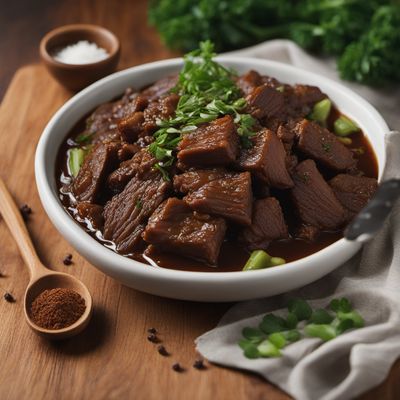
Chiuchow-style Braised Beef
Savory Slow-cooked Beef in Chiuchow Style

Macanese Goulash
Spicy Macanese Goulash: A Fusion of Flavors
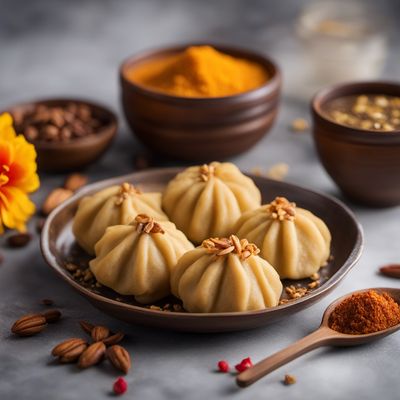
Gujarati-style Sweet Dumplings
Gulab Jamun with a Gujarati Twist
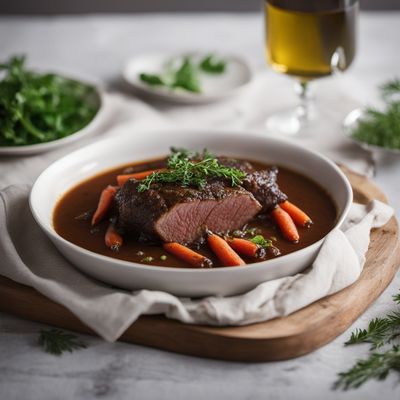
Burgundy Braised Wild Boar
Savory Slow-Cooked Wild Boar in Burgundy Sauce

Chinese Buddhist Tofu Stew
Zen Tofu Delight: A Nourishing Chinese Buddhist Stew

Karē Pan - Japanese Curry Bread
Golden Crispy Delight: Japanese Curry Bread

Fiakergulasch
Viennese Delight: Fiakergulasch - A Hearty Austrian Beef Stew
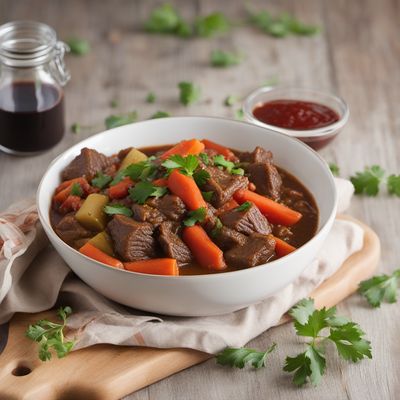
Martinican Beef Stew
Savory Martinican Beef Delight
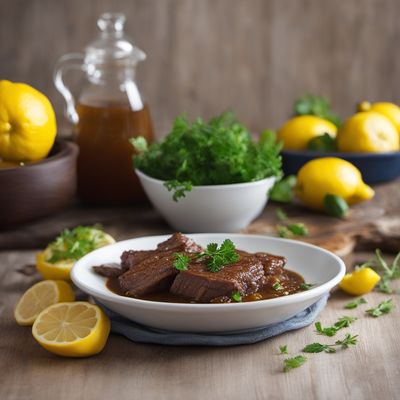
Scottish Lemon Braised Beef
Zesty Highland Beef Delight

Surinamese Pohorski Lonec
Savory Surinamese Meat and Vegetable Stew
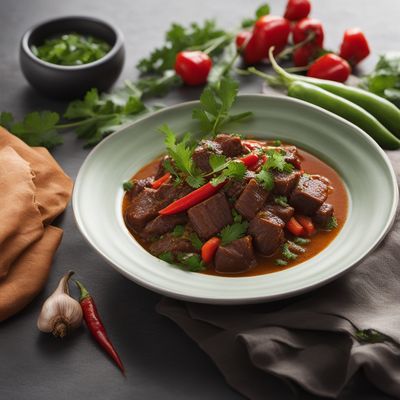
Guamanian Qarta with a Twist
Spicy Coconut Beef Stew - Guamanian Style
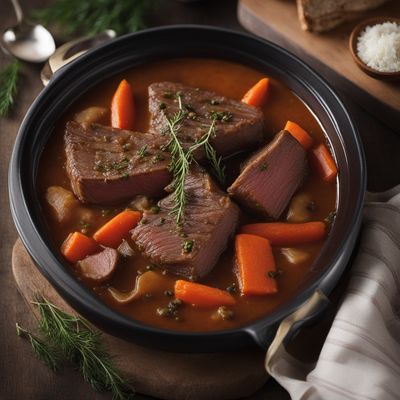
Swiss Alpine Bruckfleisch Stew
Hearty Swiss Alpine Stew: Bruckfleisch Delight